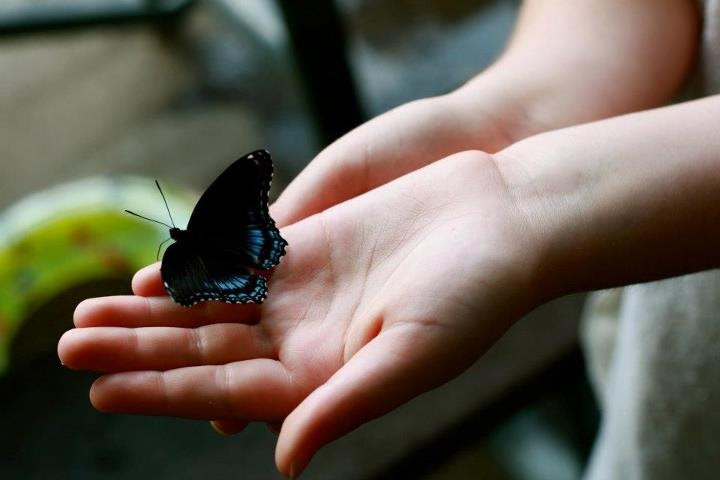There is a teenager living in your household–and it is like living through a reverse caterpillar-butterfly life cycle. As a young child, your offspring was like a beautiful butterfly: your concerns were keeping your butterfly/child fed and making sure it stayed within the confines of your garden. Your butterfly/child seemed content and carefree to be living in your garden.

But now, your beautiful butterfly–your child, has morphed into a caterpillar or what we call a ‘teen.’ This new organism living in your house–this caterpillar/teen now moves slowly, eats like it has a hollow leg, and spends most of its time in its chrysalis –aka bedroom. And these are only the physical changes.

These physical changes are just the tip of the iceberg. For in reality, the changes occurring inside their brains are even more dramatic than the physical changes that you are now witnessing.Those emotional outbursts, bouts of forgetfulness, and the impulsive streaks are caused by physical changes in their brain and body. Although their brain is growing and learning at extraordinary levels, it is still behind their adult-like body. The Teenage Brain, written by Frances Jensen, details the neurological changes within the teenage brain. She writes that the changes are not solely hormone related, but that…
“new connections between brain areas are being built and many chemicals, especially neurotransmitters, the brain’s ‘messengers,’ are in flux…their brains and bodies are undergoing extensive reorganization; and their apparent recklessness, rudeness, and cluelessness are not totally their fault! Almost all of this is neurologically, psychologically and physiologically explainable” (Jensen, 15-16).

So, how do you deal with this teen/caterpillar residing in your house? Here are some solutions and suggestions to navigate the teenage phase:
- Have patience. Know that most teen behavior is not only hormone fluctuation, but also brain development. The connection to the frontal lobe is still being established and this is where decision making, judgement, rationale reside, and its connection to the rest of the brain is not established in teen brains (Jensen 37).
- The best time to talk to your teen is before bed. They are more likely to talk and open up at night. They are considered ‘owls’ and get a surge of energy at night; this is a change from childhood when they were considered ‘larks’ and woke early in the morning and had high energy during the day.
- Never think “not my teen.” If you hear or read about a teenager making a mistake in the news, use it as a teaching moment with your own teen. Reiterate in varying ways how dangers will present themselves. Teens need to be reminded about the consequences of alcohol, drugs, and sex. Repeatedly telling teens about consequences, helps to create a pathway to the decision making part of their brain.
- Teens need sleep. Sleep is essential for teen memory retention and learning. A teen needs 9-10 hours of sleep, which they typically do not get during the week because: 1. they are night owls and 2. the early start times for high school. So remember: your teen isn’t lazy.

- Set limits on technology. Have an established rule for phones to be turned off at night and placed in a common living area. Know your teen’s pass codes and monitor the websites and apps they use. No computers nor televisions should be in bedrooms.
- Be the example. Teens are watching you and taking mental notes. They watch their parents closely, and track parental phone habits, eating habits, exercising habits, smoking habits and alcohol consumption. Be aware that they will accurately call you hypocrite if you tell them they can’t be on their phone all hours of the night, while they see you constantly on your device. The “Do as I say, not as I do” mantra does not work for raising teens.
- Keep your teen busy. Encourage them to try new activities. As teens, they have an urge to be daring and reckless. Harness that recklessness into an appropriate outlet: skiing, skateboarding, hockey, martial arts, kickboxing, etc. They will be less likely to seek out reckless behavior through alcohol, drugs, etc.

Remember, how difficult it was when you were a teen; practice empathy and understanding with him/her. This difficult phase will pass, and soon your caterpillar/teen will become an butterfly/adult who will live and thrive in its own garden.















